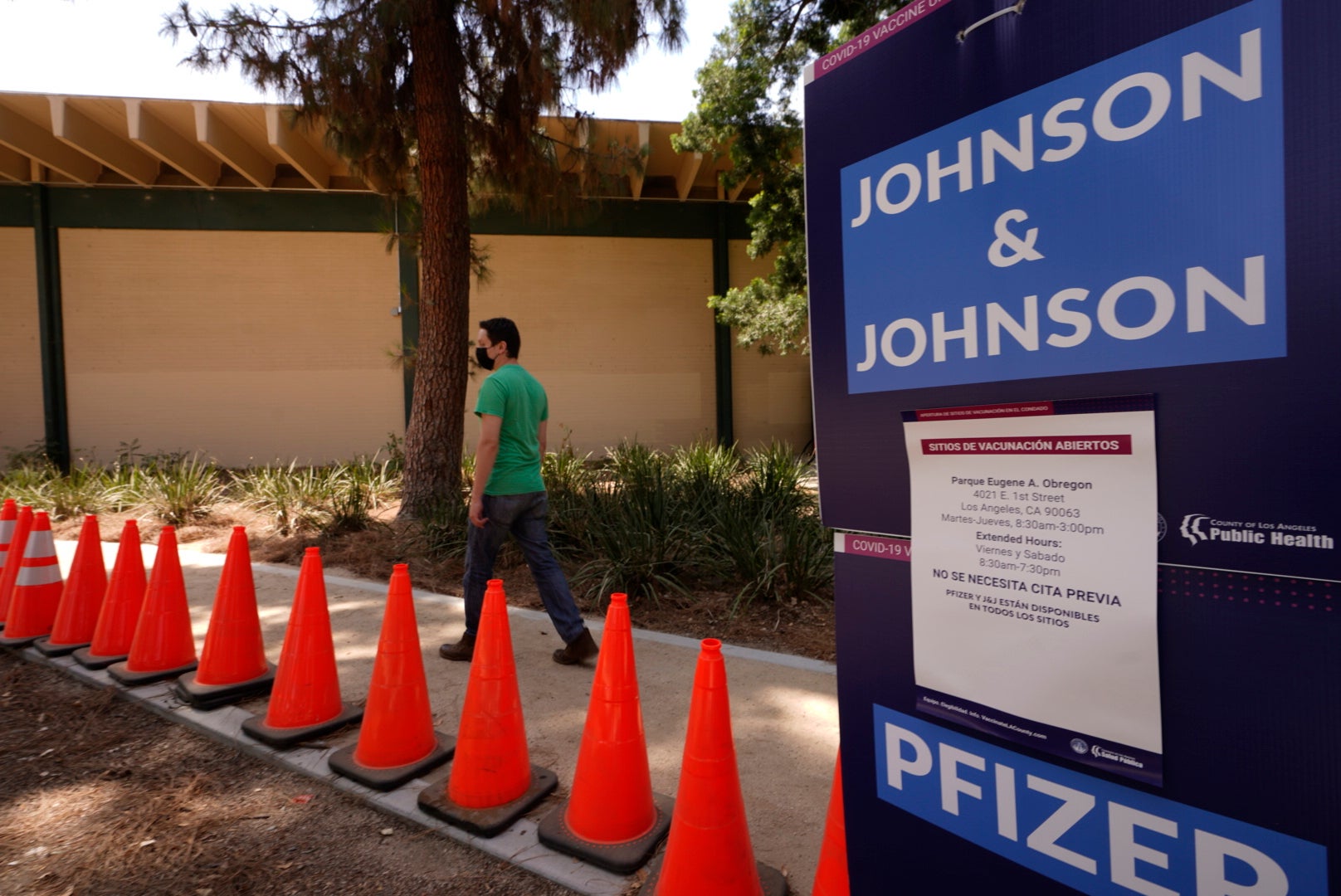US extends expiration dates on J&J COVID vaccine to 6 months
Federal health regulators have again extended the expiration dates on Johnson & Johnson’s COVID-19 vaccine by another six weeks

Federal health regulators on Wednesday again extended the expiration dates on Johnson & Johnson's COVID-19 vaccine, providing health workers with six more weeks to use millions of doses of the shot.
The Food and Drug Administration said in a letter to J&J that the shots remain safe and effective for at least six months when properly stored and refrigerated. It's the second time the FDA has extended the shelf life on the vaccines since June, when the agency said they could be used for up to 4 1/2 months. When first authorized in February, the FDA said the vaccines could be stored for three months at normal refrigeration levels.
Health authorities in many states had recently warned that they could be forced to throw out thousands of doses of the one-shot vaccine without an extension.
The change gives health providers more time to use remaining shots sitting at pharmacies, hospitals and clinics. After plateauing earlier this summer, vaccination rates have begun climbing again as the contagious delta variant surges across many parts of the country.
Vaccine expiration dates are based on information from drugmakers on how long the shots stay at the right strength. J&J previously stated that it continues to conduct stability testing with the aim of further extending the shelf life of the shots.
The FDA has been reviewing expiration dates on all three U.S.-authorized vaccines as companies have continued to test batches in the months since the shots first rolled out. Vaccines from Pfizer and Moderna authorized in December, have a six-month shelf life.
J&J’s vaccine was highly anticipated because of its one-and-done formulation and easy-to-ship refrigeration.
But rival drugmakers Pfizer and Moderna, which started shipping shots months earlier, have already supplied more than enough doses to vaccinate all eligible Americans. More than 150 million Americans have been fully vaccinated with the companies’ two-dose shots. By comparison, just 13 million Americans have been vaccinated with the J&J shot.
Use of J&J’s vaccine has been hurt by several rare potential side effects. Earlier this month, U.S. health regulators added a new warning to the vaccine about links to a potentially dangerous neurological reaction called Guillain-Barré syndrome.
That followed a pause in the use of the shot in April after it was linked to a rare blood clot disorder. In both cases, government health advisers said the overall benefits of the shot still greatly outweigh the risks.
___
The Associated Press Health and Science Department receives support from the Howard Hughes Medical Institute’s Department of Science Education. The AP is solely responsible for all content.
Bookmark popover
Removed from bookmarks